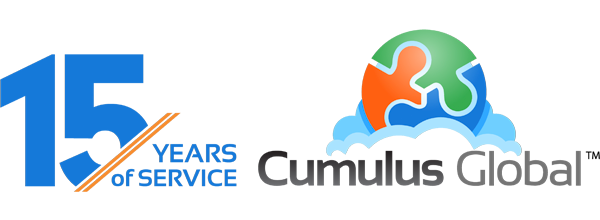Google Apps for Education Security and Privacy

Recently, there has been much media discussion in light of litigation regarding data privacy in Google Apps for Education. Here are the important facts about student accounts and Google Apps for Education.
First and foremost, Ads in Gmail are turned off by default for Google Apps for Education and Cumulus Global advises every school and district we work with not to change this setting at any point in time.
Gmail for consumers and Google Apps users runs on the same infrastructure, which helps Google deliver high performance, reliability and security to all users. However, Google Apps offers additional security, administrative and archiving controls for education, business, and government customers.
Gmail scans and indexes email for multiple purposes, including spell check, virus and spam protection, features like Priority Inbox and auto-detection of calendar events, relevant search results and advertising. This scanning is done on all incoming emails, is 100% automated and cannot be turned off.
When ads in Gmail are turned off for Google Apps for Education, automated scanning that is done in Gmail is not used to target ads to Education users, whether inside Gmail or in other Google products (e.g. YouTube, Google Search, etc.).
Google does not scan information stored in Google Drive or Docs (or Sheets, Slides, Drawings, Forms) to target ads to Apps for Education customers.
Google does not share personal information with companies, organizations or individuals outside of Google unless one of the circumstances outlined in the Google Privacy Policy applies.
The data schools and students put into Google systems is theirs, and Google believes it should stay that way. If an education department, school or university decides to no longer use Google, it easy for them to take their data away with them.
Google Apps for Education offers schools a number of additional controls and security features. These include a 99.9% uptime guarantee, 24/7 customer support, greater storage capacity and the ability for school administrators to turn certain features or services on or off. As with all our accounts, we keep our users secure by filtering out spam and looking out for viruses and malware.
If you have any questions or concerns regarding Google Apps for Education security and privacy, please contact us. We are happy to answer questions and provide additional information.






